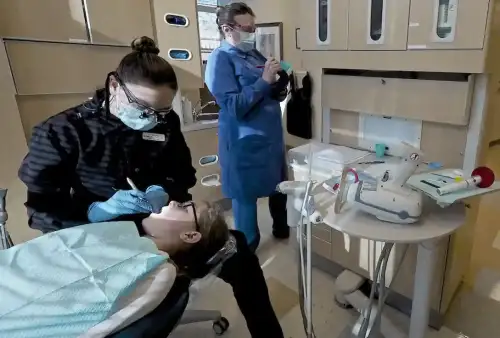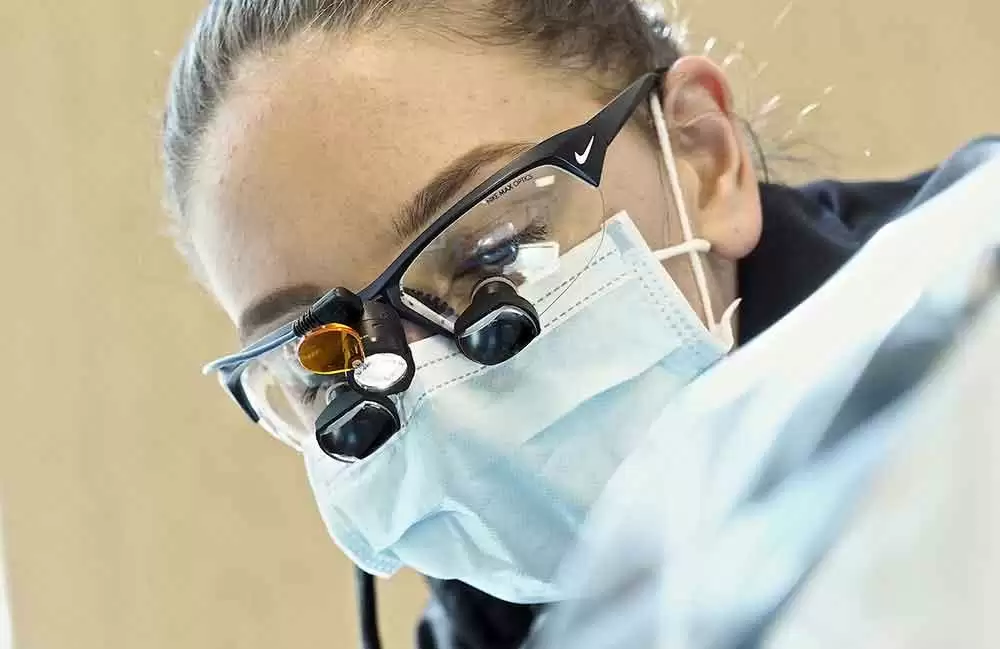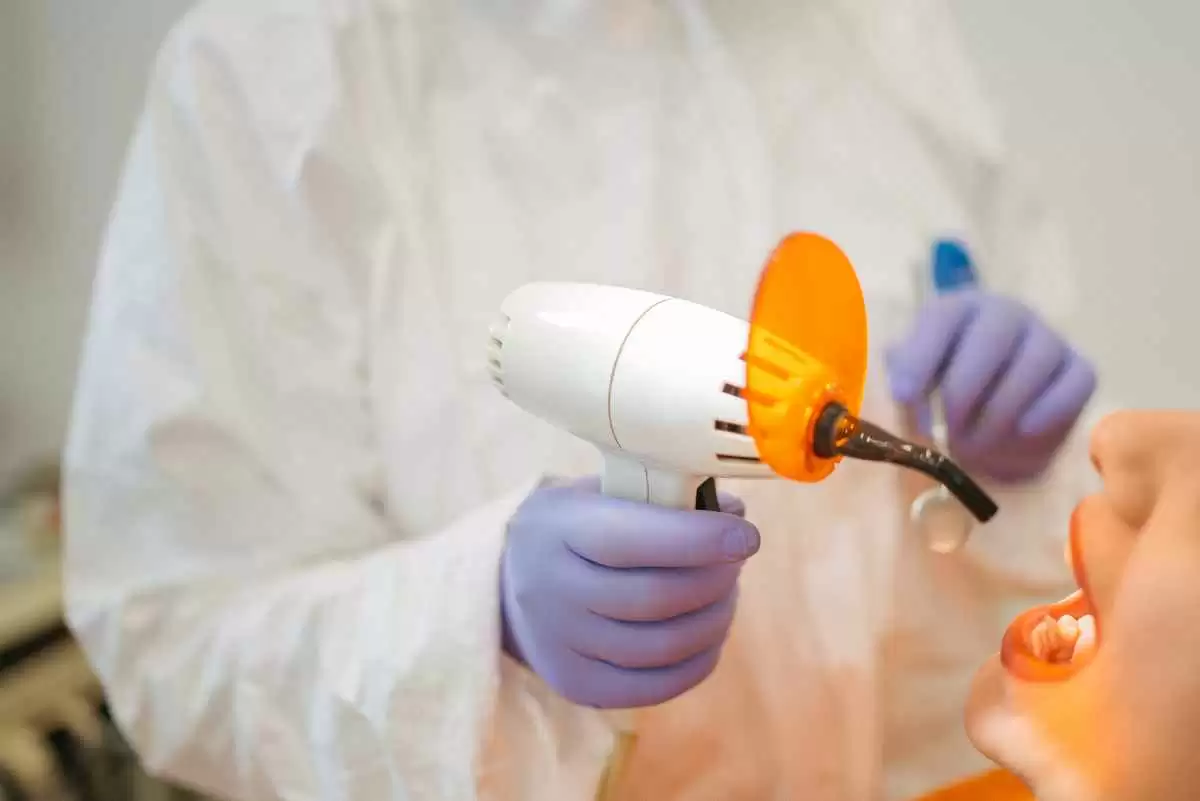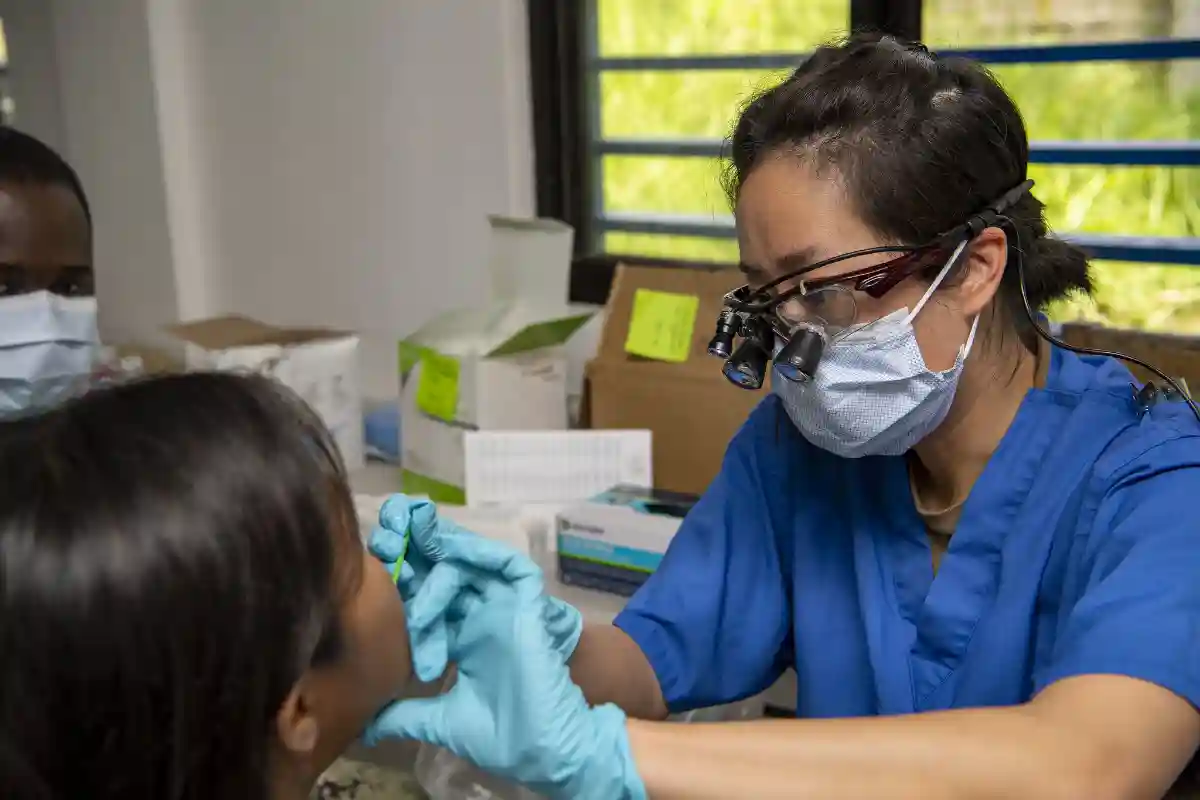Celiac.com 11/11/2024 - Celiac disease is an autoimmune condition triggered by gluten, a protein found in wheat, barley, and rye. While gastrointestinal symptoms are common, many individuals, especially children, may present with non-specific or atypical signs, making diagnosis challenging. This study sought to explore whether certain oral manifestations, such as recurrent aphthous stomatitis (commonly known as canker sores) and molar incisor hypomineralization (MIH), could be early indicators of celiac disease in children. By identifying these signs in dental examinations, healthcare providers might have a better chance of diagnosing celiac disease in children who otherwise lack typical symptoms.
Purpose of the Study
The primary goal of the study was to investigate whether celiac disease could be diagnosed through certain oral manifestations in children, specifically focusing on recurrent aphthous stomatitis and MIH. The research aimed to highlight the role dentists could play in the early diagnosis of celiac disease by recognizing these signs during routine dental examinations.
Study Design and Methods
Celiac.com Sponsor (A12):
Participants
Sixty children aged 7 to 13 participated in the study, all of whom initially presented with complaints of recurrent aphthous stomatitis. These children were divided into two groups:
- MIH group: 40 children who had been diagnosed with MIH, a condition that causes developmental defects in the enamel of molars and incisors.
- Control group: 20 children who did not show any signs of MIH lesions.
Oral Examination
Two pediatric dentists conducted detailed oral examinations, during which they noted signs of MIH and recorded data such as decayed, missed, or filled teeth (DMFT). MIH lesions were diagnosed based on guidelines from the European Academy of Paediatric Dentistry. To ensure consistency, the dentists re-examined the children one week later to confirm the presence of MIH lesions.
Medical History and Testing
Following the dental examination, the parents of the children were asked to complete a questionnaire regarding their child's medical history, specifically looking for any symptoms or conditions related to celiac disease, as defined by the European Society for Pediatric Gastroenterology, Hepatology, and Nutrition. Blood samples were then taken from all children to conduct serological and genetic tests, which included:
- Serological tests: Tissue transglutaminase IgA (tTG-IgA), endomysial antibody IgA (EMA), and total IgA.
- Genetic testing: Human leukocyte antigen (HLA) typing for HLA-DQ2 and HLA-DQ8, which are genetic markers associated with celiac disease.
Results
The study found no significant differences between the groups when comparing their medical history or serological and genetic test results. However, six children in the MIH group showed borderline or positive results for the celiac disease-specific antibody tTG-IgA. Of these, two children had both positive tTG-IgA and EMA results and were also positive for the HLA markers associated with celiac disease. After a biopsy, these two children were formally diagnosed with celiac disease.
While only 5% of the children in the MIH group were diagnosed with celiac disease, the findings suggest that MIH lesions and recurrent aphthous stomatitis may serve as early oral indicators of the condition.
Importance of Oral Manifestations in Celiac Disease Diagnosis
Recurrent Aphthous Stomatitis (RAS)
Recurrent aphthous stomatitis, or canker sores, are small, painful ulcers that commonly occur in the mouth. While these sores are typically benign, their presence in children, particularly when recurrent, may be linked to underlying systemic conditions like celiac disease. In this study, all participants initially presented with RAS, suggesting that it could serve as an early warning sign, particularly when combined with other dental or medical symptoms.
Molar Incisor Hypomineralization (MIH)
MIH is a developmental condition that affects the enamel of the first permanent molars and incisors. The study found that MIH lesions are similar in appearance to the enamel defects commonly seen in celiac disease patients. This resemblance, along with the high prevalence of enamel defects in individuals with celiac disease, points to a potential overlap between the two conditions. MIH could be an important clinical clue for dentists when assessing children who may have undiagnosed celiac disease.
Limitations and Considerations
Although the study provides valuable insights, it has several limitations. The sample size was relatively small, and the study was conducted over a short period. Larger, long-term studies are needed to validate these findings and determine the true prevalence of celiac disease in children with MIH and recurrent aphthous stomatitis.
Additionally, the genetic tests for HLA-DQ2 and HLA-DQ8, while helpful, are not always necessary for diagnosing celiac disease. The presence of these genetic markers does not confirm celiac disease but indicates a predisposition to it. On the other hand, the absence of these markers makes celiac disease highly unlikely. In this study, the two children diagnosed with celiac disease both had positive results for HLA-DQ2 or HLA-DQ8, but the utility of genetic testing remains a subject of debate.
The Role of Dentists in Celiac Disease Diagnosis
The findings of this study highlight the important role dentists can play in diagnosing celiac disease. Since many children with celiac disease do not present with the typical gastrointestinal symptoms, dentists are often in a unique position to spot the first signs of the condition through oral manifestations like RAS and MIH. Early detection of celiac disease is crucial for preventing long-term complications such as malnutrition, growth delays, and increased risk of certain cancers.
Dentists should consider referring children for further medical testing if they observe persistent oral issues like RAS or MIH, especially when accompanied by a family history of autoimmune diseases or other risk factors for celiac disease. A multidisciplinary approach, involving both dental and medical professionals, can lead to earlier diagnosis and treatment, improving outcomes for children with celiac disease.
Conclusion
This study underscores the potential link between certain oral manifestations, such as recurrent aphthous stomatitis and molar incisor hypomineralization, and celiac disease in children. While the sample size was small, the results suggest that dentists could play a pivotal role in diagnosing celiac disease, especially in children who do not exhibit typical symptoms. Early detection through dental examinations can lead to timely interventions, helping to prevent the serious complications associated with undiagnosed celiac disease. The study's findings emphasize the need for further research and greater awareness among dental professionals regarding the systemic implications of oral health conditions.
Read more at: bmcgastroenterol.biomedcentral.com








Recommended Comments
Create an account or sign in to comment
You need to be a member in order to leave a comment
Create an account
Sign up for a new account in our community. It's easy!
Register a new accountSign in
Already have an account? Sign in here.
Sign In Now